Islam talk held to educate students on faith
Enrolling and attending college can be a huge shift for just about everyone.
However, this shift can prove more stressful and challenging for Muslim students at a predominantly white school, according to UVM’s Interfaith Center.
Teaching key concepts, rituals and global regional difference in Islamic tradition, the UVM Interfaith Center hosted “Islam 101: Learning the Basics and How They Relate to Life at UVM,” on April 6 in the Chittenden Room in the Davis Center.
Interfaith coordinator, Rev. Laura Engelken, invited Ilyse Morgenstein Fuerst, assistant professor and director of UVM’s Middle East Program, to speak at the workshop.
“Teaching doesn’t only mean my semester’s classes,” Fuerst said. “It includes talks like this that are meant to briefly introduce interested folks to key concepts about Islam, Islamic studies and religion.”
Fuerst has given five talks similar to “Islam 101” on campus since coming to UVM in 2012.
Despite her experience in giving these lectures, the discussions never prove to be easy, she said.
“Most people who attend come with an honest desire to learn,” Fuerst said, “but dissuading folks of stereotypical, Islamophobic notions is the hardest part of these short talks.”
On the other hand, Fuerst believes that with hard work, commitment from staff and students alike and continued lectures like this, the environment at UVM can change.
“Learning and un-learning about others is a long process not just of gaining information, but of self-reflection and a commitment to check one’s own preconceived ideas,” she said.
Junior Fardowsa Ibrahim says that her experience at UVM of being a black Muslim women has been complicated.
“I wear a hijab, so of course that automatically gives people ideas of me being different,” she said, “I get reminded I am different almost everywhere on campus except the Mosaic Center for Students of Color.”
Fuerst stresses that, to change their mindsets, more students need to take classes on religion, race, ethnicity, ability, sexuality and gender. She believes that these opportunities will truly help them grow and learn.
“You have to be willing to do the things that might make you uncomfortable,” she said.
Ibrahim said that some students ask her why she wears a hijab, a question that she loves because “I feel more respected.”
“I love my religion despite what people think about it,” she said, “but sometimes I just wish people would ask more questions.”
While this was just a three hour workshop, Fuerst hopes that those who attended understand the complexity surrounding these topics.
“I hope — like I tell my students regularly — that folks walk away with a sense that simple definitions of Islam, or easy one-size-fits-all answers about Muslims, aren’t possible or even desirable,” Fuerst said.


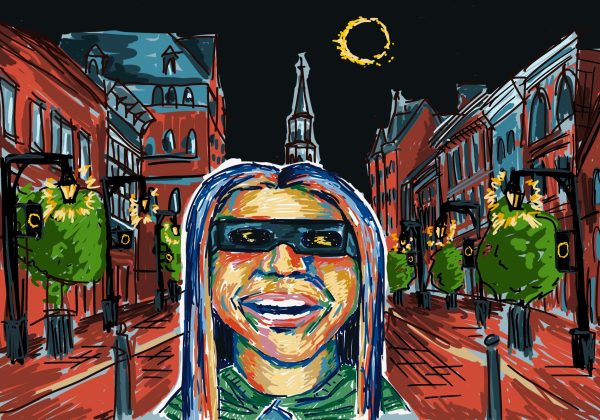

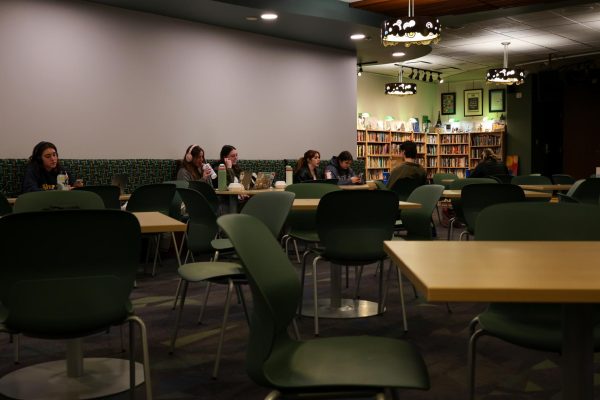
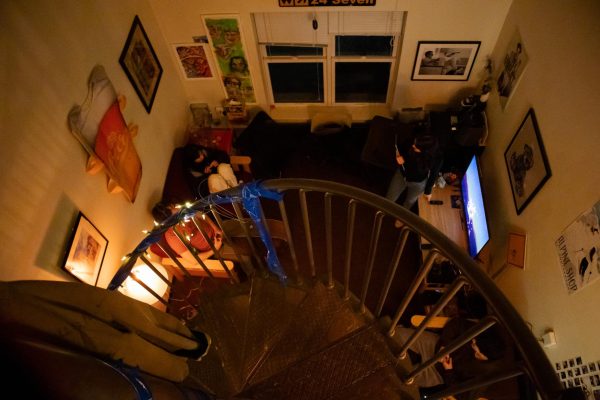

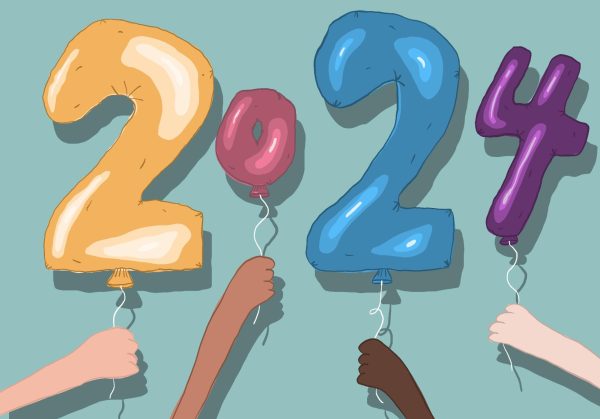


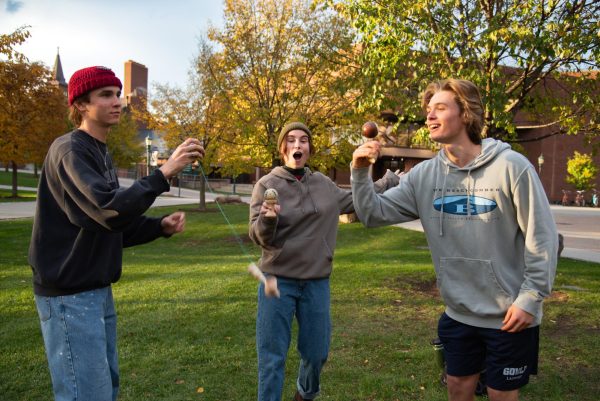
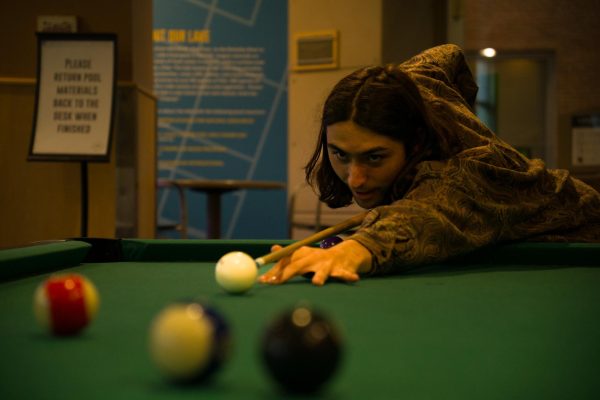
Handsome Jack • Apr 17, 2017 at 7:23 pm
“challenging for Muslim students at a predominantly white school” – WHAT? Isn’t that CAUCASOPHOBIA?? That’s INSANE that you’re listening to people DELIBERATELY playing the race card!!
“Teaching key concepts, rituals and global regional difference in Islamic tradition, the UVM Interfaith Center hosted “Islam 101: Learning the Basics and How They Relate to Life at UVM,” on April 6 in the Chittenden Room in the Davis Center.”
NOTICE that they aren’t TEACHING what Islam is, they’re teaching FRAGMENTs – Concepts, Rituals, DIFFERENCES. This is TAQQIYA. Concepts like “Peace’, without explaining that “Peace = Global Subjugation of Sharia” in Islam.
““I hope — like I tell my students regularly — that folks walk away with a sense that simple definitions of Islam, or easy one-size-fits-all answers about Muslims, aren’t possible or even desirable”
And then SHE CONTRADICTS HERSELF! She teached oversimplifaction of Islam only to then say it can’t be simplified?
DO NOT TRUST THIS WOMAN